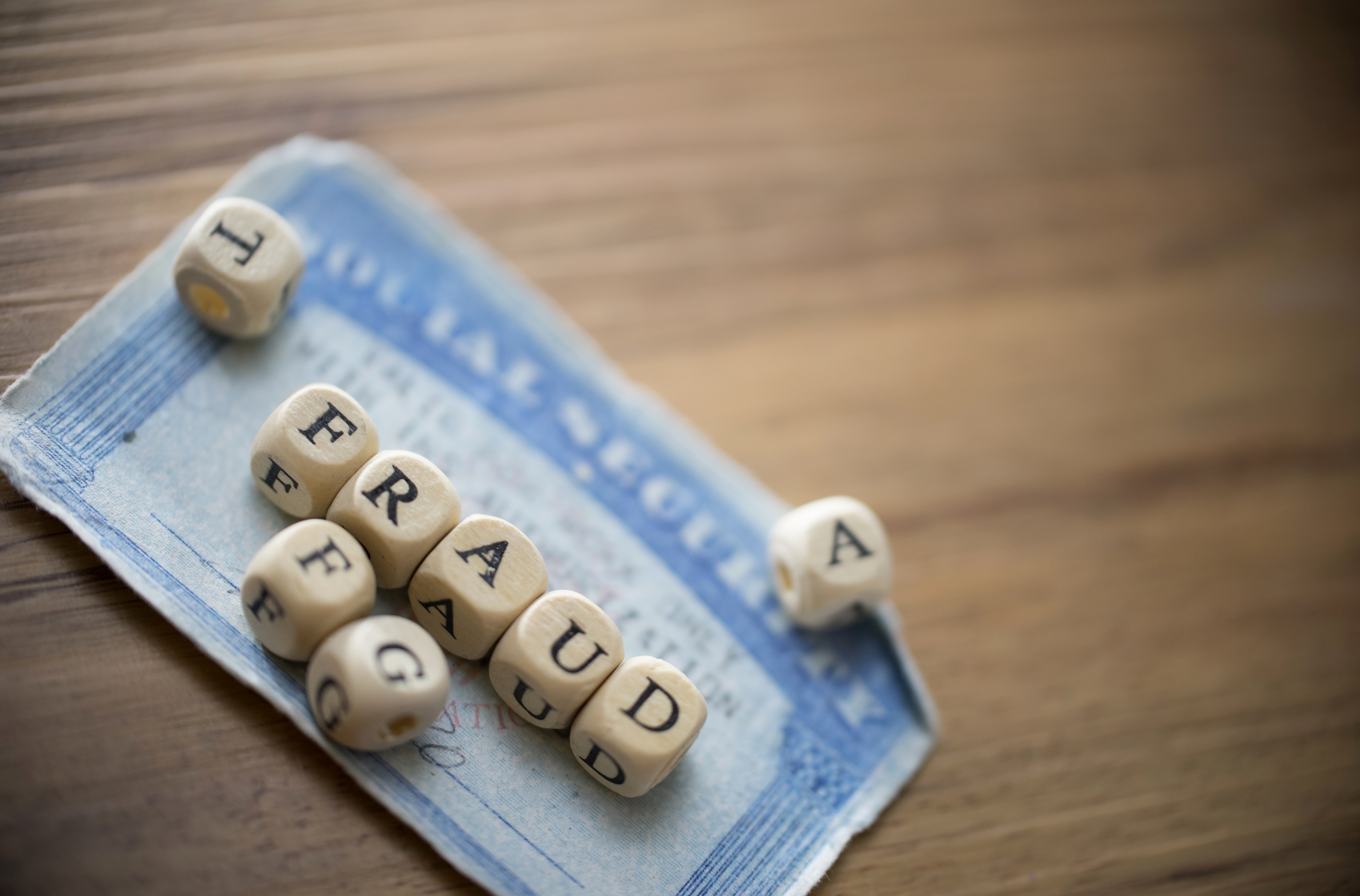AARP Hearing Center

Jane Dean panicked as soon as the caller said someone was seeking payment from her bank and trying to buy a laptop using one of four Amazon accounts supposedly in her name — although she says she doesn’t even have an Amazon account.
Dean was initially suspicious, but she was struck that the caller knew the name of her local bank and provided the correct phone number for its fraud department before supposedly transferring her to it.
Eventually, she was told a man in Mexico was using a bank account in her name to launder money — and that she would need to mail cash to a “government certified account,” where it would be held as part of a U.S. Treasury Department investigation.
If she didn’t help catch the man, he warned, she could be prosecuted for money laundering.
“The instructions were so precise that I guess I was thinking, ‘Well, this guy knows what he’s doing. He’s done this before, and this is what they have to do to catch these criminals,’ ” says Dean, 72, a retired nurse who lives in Montgomery County.
Dean says she mailed $25,600 to the man and was working on making another payment before an alert bank teller said they didn’t have enough cash on hand and that she’d need to speak with a bank manager. During that meeting, she broke down and told the manager what was going on; he then called Montgomery County police.
“The scammers are extremely sophisticated,” Dean says. “You may think it can’t happen to you, but it can.”
It’s a message that Dean and AARP Maryland will hammer home during Maryland’s annual Protect Week, being held June 16-20. About 20 partners — including law enforcement and state officials — are involved.
Events will include a virtual town hall with fraud experts, as well as social media and radio interviews aimed at preventing people from succumbing to scams and encouraging those who do to report it to law enforcement.
The statewide blitz is pegged to World Elder Abuse Awareness Day on June 15.
New strategies to connect cases
The campaign also will highlight the recently launched nonprofit National Elder Fraud Coordination Center, where law enforcement officials nationwide share data with each other and with fraud investigators from the private sector, including Amazon, Google and Walmart. AARP is a founding member of the organization.
Kathy Stokes, AARP’s director of fraud prevention programs and a member of the center’s board, says the improved coordination will be a “game changer,” allowing fraud fighters to spot patterns and build stronger cases.
It will help bring a more-focused law enforcement response to “begin to let the scam-industrial complex start to understand that we’re coming after them,” says Stokes.
The goal, she adds, is to analyze data in real time to shut down scammers before they act.
In 2024, Maryland had more than 44,000 fraud reports, with total reported losses of more than $200 million, according to Federal Trade Commission data. That was up from $59 million reported in 2020. The true total is likely far higher, experts say, because of significant underreporting.
FBI Supervisory Special Agent Keith Custer, who oversees the Complex Financial Crimes Squad in the FBI’s Baltimore field office, says prevention is critical because fraud investigations are complex and time-consuming — and global.
“The fraud is actually growing so quickly, and much of it is emanating from overseas from areas [where] we have difficulty conducting investigations and prosecutions,” Custer says.
Because of that, he says, “We really kind of shifted ... some of our focus toward outreach and education.”
Asking the right questions
Jacqueline Cooper, founder of the Maryland Blockchain Association, says she’ll share during Protect Week how she lost $25,000 in Bitcoin to a scammer a couple years ago, even though she’s well-versed in cryptocurrency.
She purchased Bitcoin mining machines but did not realize the Bitcoin being mined by the machines was not being deposited into a virtual “wallet” she could control. Instead, it was being deposited into a virtual “sub-wallet” controlled by somebody else. That person eventually cut off her access and withdrew her Bitcoin. He has yet to be found.
“I just didn’t ask the right questions,” Cooper says. “As a result of that, I’m a little bit more passionate now to try to help people and [teach them] why ... they should be digging a little deeper.”
In addition to raising awareness, Protect Week will encourage people to overcome the shame that causes many fraud targets to not report.
Karen Morgan, a retired legislative lawyer from Prince George’s County and AARP Maryland volunteer who works on fraud issues, says victims are often so financially and emotionally devastated that they don’t tell family members or even their spouse, let alone report it to authorities.
Morgan wants Marylanders to come away from Protect Week on guard against fraud — and to know that if they’ve already been targeted that they are not alone.
Dean says she has felt that support and begun to heal through an online AARP fraud victim support group she attends twice a week. She says she feels lucky to have been able to replace money she lost by living simply and saving part of her monthly federal pension and Social Security income. Even so, she has had to work through the deep depression the fraud criminals left behind.
They haven’t been caught, she says, and she doesn’t expect to see them — or her money — again.
But she’s fighting back, she says, by sharing her story as often as she can to help others and putting potential scammers on notice. And if scammers do call her, she lets them have it before hanging up.
“I don’t tolerate it,” she says.
Katherine Shaver has been a journalist for more than 30 years, including 26 years at The Washington Post.
- About AARP Fraud Watch Network
- Scams & Fraud
- Consumer Protection Division, Maryland Office of the Attorney General































































